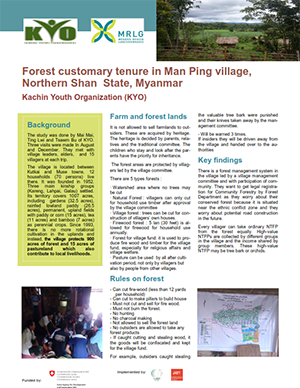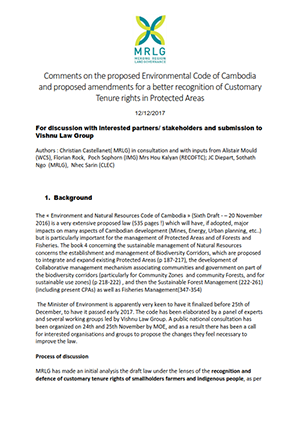Fuelwood: a high-potential renewable resource!
In rural areas of many developing countries fuelwood constitutes the only energy source – often with negative impacts on humans and the environment. Wise management and modern technology can guarantee a sustainable use of this valuable resource, as some examples from Latin America demonstrate.




